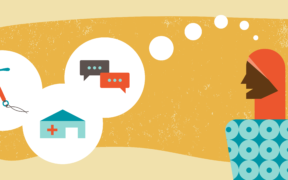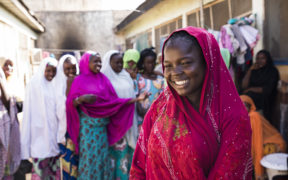Category:
Gender
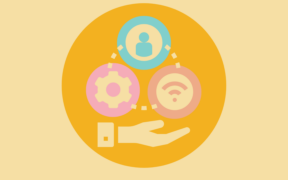
Across July and August 2023, the Knowledge SUCCESS East Africa team hosted their third Learning Circles cohort with twenty-two FP/RH practitioners from Kenya, Uganda, Tanzania, South Sudan, and Ghana.
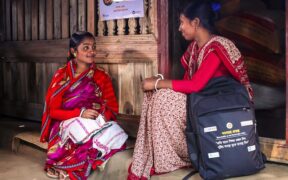
In a society deeply rooted in traditional family customs, it is not common for low-and middle-income families, who live with their parents and siblings together to discuss family planning and reproductive health (FP/RH) practices, it remains a taboo.
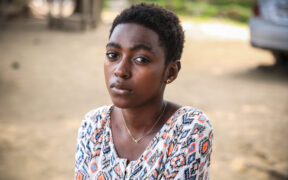
In some areas, FGM is carried out during infancy, as early as a couple of days after birth. In others, it takes place during childhood, at the time of marriage, during a woman's first pregnancy or after the birth of her first child.
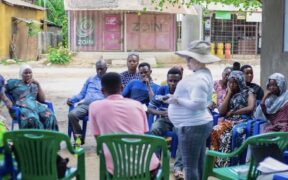
In 2023, Young and Alive Initiative are working in partnership with USAID, and IREX through the youth excel project, we are implementing a gender transformative program for adolescent boys and young men in the southern highlands of Tanzania. The reason we focused on men this time is because men and boys have often been overlooked in discussions around SRHR and gender.
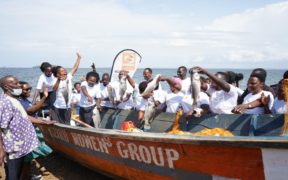
Katosi Women Development Trust (KWDT) is a registered Ugandan non-governmental organization that is driven by its mission to enable women and girls in rural fishing communities to effectively engage in socioeconomic and political development for sustainable livelihoods. KWDT Coordinator Margaret Nakato shares how the implementation of a fishing project under the organization’s economic empowerment thematic area is promoting gender equality and women’s meaningful participation in socioeconomic activities, especially in Uganda’s fishing space.
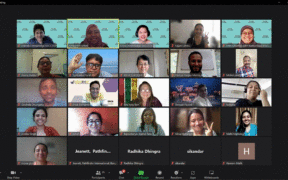
A synthesis of learnings from a cohort of family planning workforce members in Asia who came together to discuss what works and what doesn’t in engaging men and boys in FP/RH.
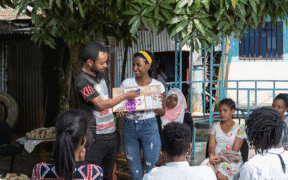
The quiz highlights adolescent-related competencies, educational resources, and references that are tailored to program empowerment goals.
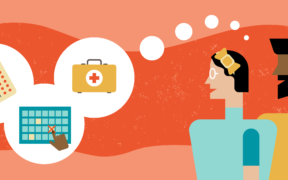
Likhaan is a non-government, nonprofit organization established in 1995 to respond to the sexual and reproductive health needs of women experiencing poverty. It runs community-based health programs anchored on three strategies: community education and mobilization; provision of primary, integrated sexual, and reproductive health (SRH) care; and advocacy for rights-based and equitable health policies.



